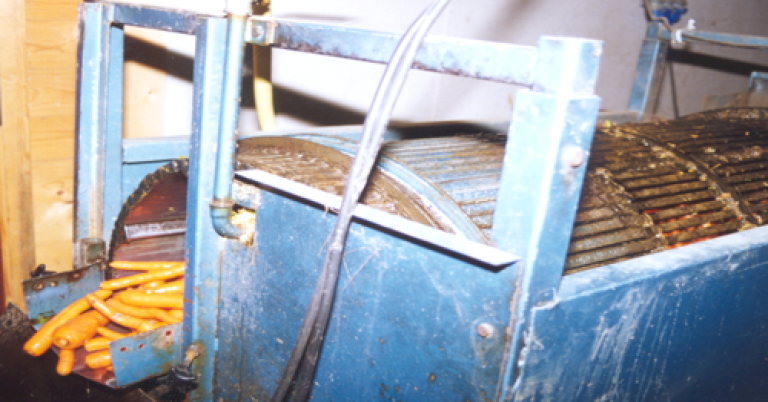Pre-harvest stress conditions for carrots can be affected by soil or cultivation area and season. Hot climate conditions or stress from pests should be avoided to optimize sensory quality. When it comes to factors affecting the carrots after harvest, mechanical stress at grading and washing as well as storage conditions and packaging conditions were found to be important. Mechanical stress and ethylene should be minimized and oxygen content in packaging must not be too low. Low temperature during distribution and marketing reduce the effect of stress.
Our studies have been carried out together with colleges at NOFIMA and NIBIO over the last decades. Focus has been investigations on how stress affects sensory quality and the related chemical compounds in carrots. The results from our scientific studies are utilized towards assignments for farmers or industry actors on how to control quality in the production and marketing chains.



